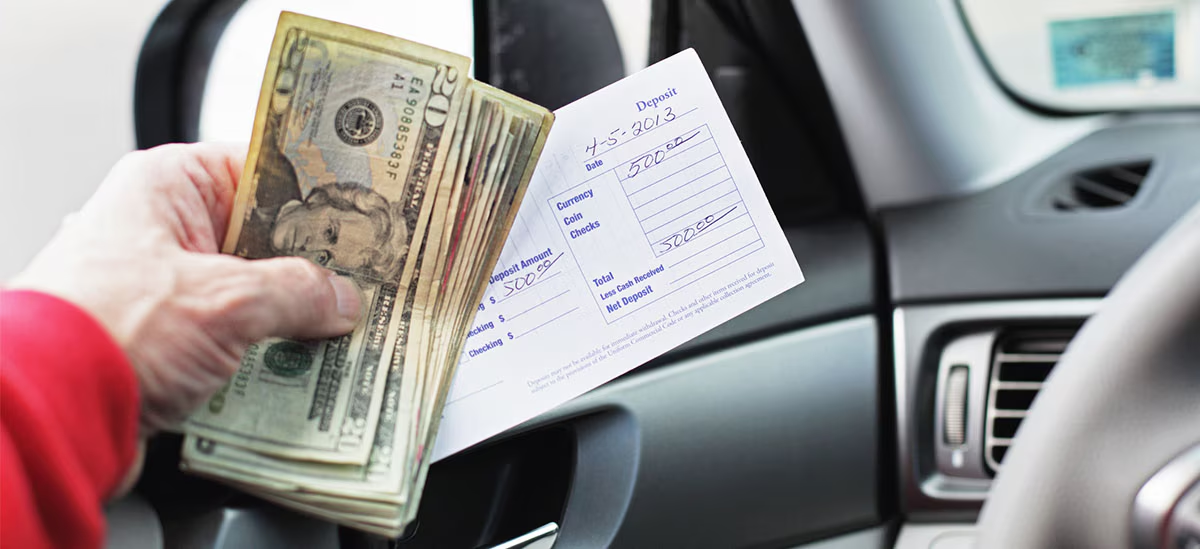
Throughout your life, your needs change — and so does your income. The trick is to learn how to make these changes work in your favor, so you can put aside a little more money for the future, regardless of your changing circumstances.
Some changes in your life inevitably cost more money. For example, having children means you have to invest heavily in diapers, clothing and toys. If both parents work outside the home, the cost of daycare or other childcare gets added to your expenses. On the other hand, many life changes come with the opportunity to find ways to reallocate money you are no longer spending. Here are three ways you can use life changes to adjust your financial outlook:
1. Keep Saving
If you're like most people, you've had to save for a major expense, such as a wedding, buying a house or having a baby. That meant sticking to a set budget and making clear — and wise — decisions about how you spent your money. However, once the money was spent on that expense, you may look at that as “extra” money that you can spend. Instead, keep saving that same amount of money (or more) every month so you can keep building your finances for the future.[1]
2. Reassign Costs
Throughout your life, you can expect temporary costs for things like childcare, diapers, car payments, braces, or club dues. These are already factored into your budget, so when one expense ends, save that money for something else (like college) instead of adding the funds back into your budget as spendable cash.
3. Rethink Your Raise
When you get a raise — no matter how large or small — it's natural to start thinking of fun ways to spend it. A better approach is to maintain your pre-raise standard of living instead of increasing spending. This allows you to build greater financial security for later. If you have trouble resisting temptation, you could reward yourself with a one-time splurge that only takes a small percentage of your raise.[2]
Taking some simple steps to make the most of your budget and put some money aside can help you build a nest egg for the future without feeling as if you're sacrificing too much today. It also allows you to teach good fiscal habits to your children by setting a good example, which can help them see how putting aside small amounts of money regularly can lead to a positive financial outcome.







